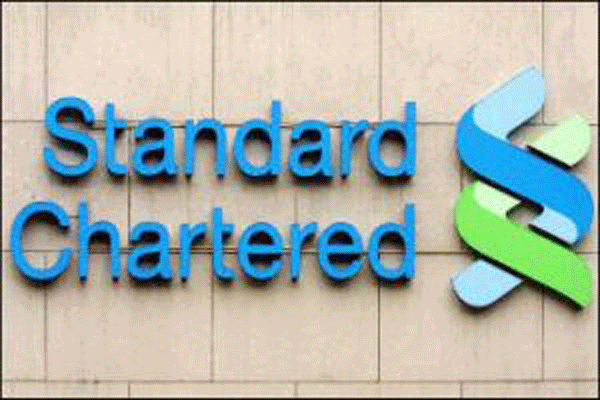
THE curtains are coming down on the much-storied Standard Chartered Bank Zimbabwe, with its rich history, as the country’s oldest bank. Its place in Zimbabwe’s rich historical tapestry is undoubtedly cemented.
From its very first branch in Bulawayo in 1892 in a bell tent to the merger between Standard Bank and Chartered Bank in 1969, to give the bank its present form, all the way to local incorporation in 1983, after independence, and more recently, its downscale, to maintaining just two branches across Zimbabwe, the bank has in a sense mirrored the country’s eventful history.
Standard Chartered plc has announced a “shock” decision to exit five African countries — including Zimbabwe, as part of its strategy to “focus on the region’s largest and fastest-growing markets”.
For all the talk by government about being “open for business”, and “a vision of becoming a middle-income economy by 2030”, the stated reason by Standard Chartered is rather instructive of how foreign capital views Zimbabwe, and in part, its long-term growth prospects.
While this announcement might have come as a surprise to most — given the bank’s much-touted, “Here for Good” brand promise, a dispassionate look at the state of affairs over the last couple of years, would certainly help to put things into perspective.
Sharpening focus The statement by the bank’s group chief executive Bill Winters is revealing.
“We are sharpening our focus on the most significant opportunities for growth while also simplifying our business,” Winters said.
The bank effectively does not see sufficient evidence of future growth prospects locally, and, perhaps more damning, views the local market as very complex to operate in, for the level of return it earns.
- Chamisa under fire over US$120K donation
- Mavhunga puts DeMbare into Chibuku quarterfinals
- Pension funds bet on Cabora Bassa oilfields
- Councils defy govt fire tender directive
Keep Reading
Despite its solid history as the oldest bank in the country, Standard Chartered Zimbabwe has an average market position, reflected by its share of industry assets and deposits of around 5% and 6% respectively, ranking 8th and 6th out of 19 banks, according to some publicly available data.
Complexity In 2019, Standard Chartered paid a fine of over US$18 million to the United States’ Office of Foreign Assets Control , for multiple offences in processing transactions of Zimbabwean State-owned companies and other high-profile sanctioned individuals.
In 2016, the bank infamously asked the Industrial Development Corporation to close its accounts with it to avoid similar fines.
As recent as February 2022, the bank announced that it was investigating allegations of misconduct by some of its senior management, including its chief executive officer Ralph Watungwa, according to media reports.
Although the bank has not publicly announced what this misconduct involves, market chatter has it that Watungwa was suspended over alleged abuse of the foreign currency auction, as well as allegations of improperly authorised renovations at buildings owned by the bank.—newZWire











